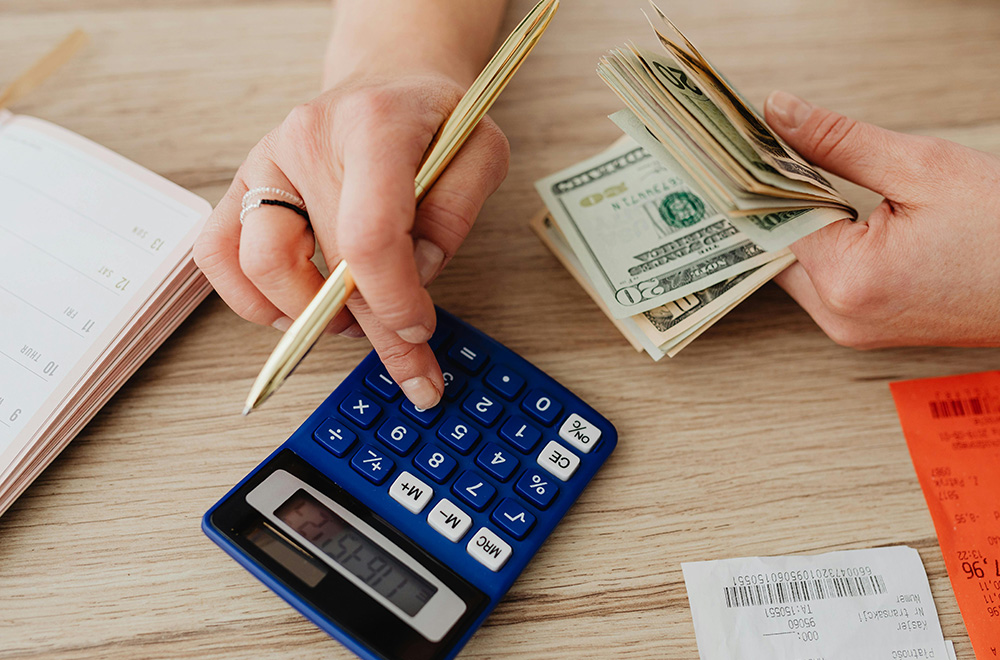
Introduction
Purchasing an akiya—an abandoned house in Japan—can seem like an enticing opportunity for those looking to own property at a fraction of the typical cost. However, while the initial price might be low, it’s important to understand the full scope of costs involved. This article will break down all the expenses you should consider when purchasing an akiya, ensuring you’re fully prepared for your investment.
1. Purchase Price
The purchase price of an akiya can vary widely depending on its location and condition. Some akiya are sold for as little as ¥0 or a symbolic amount, but these properties often require significant renovations. It’s essential to factor in these potential costs when considering the overall investment.
2. Real Estate Agent and Consulting fee
As of July 2024, the real estate agency fee for purchasing any property under 8 million yen has been set at a flat rate of 330,000 yen. For properties over 8 million yen, the agency fee is calculated as 3% of the sales price, plus 60,000 yen, plus a 10% consumption tax. Additionally, consultants specializing in akiya charge separate fees, which vary depending on the type and scope of services provided.
3. Registration and License Tax
When transferring ownership of the property, you’ll need to pay a registration and license tax. This tax is 0.4% of the assessed value of the land and 2% for buildings. This ensures that the property is legally registered in your name.
4. Judicial Scrivener Fees
A judicial scrivener will handle the legal documentation and registration of your new property. Fees for this service typically range from ¥50,000 to ¥150,000, depending on the complexity of the transaction.
5. Acquisition Tax (Fudousan Shutokuzei)
This one-time tax is imposed by the local government when you acquire the property. The acquisition tax is generally 3-4% of the assessed value of the property, making it an important cost to factor into your budget.
6. Property Tax (Kotei Shisan Zei)
Property tax in Japan is an annual expense that property owners must pay. The tax rate is 1.4% of the assessed value of the land and buildings. It’s important to remember that this tax will be an ongoing cost as long as you own the property.
7. City Planning Tax (Toshi Keikaku Zei)
In some areas, you may also be required to pay a city planning tax, which can be up to 0.3% of the assessed property value. This tax helps fund local urban development projects and is paid annually.
8. Renovation and Repair Costs
Many akiya require extensive renovations, which can range from ¥1,000,000 to ¥10,000,000 or more. Costs depend on the condition of the property and the extent of the work needed. It’s crucial to budget for these renovations to make the property livable and secure.
9. Inspection Fees
Before purchasing an akiya, it’s wise to have the property professionally inspected. Inspection fees usually range from ¥50,000 to ¥150,000, and they provide valuable insights into the condition of the property, helping you avoid unexpected repair costs.
10. Utilities Reconnection Fees
If the akiya has been abandoned for a long time, you may need to pay to reconnect utilities like electricity, water, and gas. These fees can range from ¥10,000 to ¥50,000 per utility, depending on the location and condition of the infrastructure.
11. Insurance Costs
Property insurance is highly recommended, especially in rural areas prone to natural disasters. Annual insurance premiums can range from ¥20,000 to ¥100,000, providing peace of mind against potential damages.
12. Furniture and Appliances
Furniture and appliances are typically not included with Japanese properties. The cost will vary depending on your needs and whether you choose to buy new or second-hand items.
13. Moving Costs
Moving your belongings to your new property can also be an expense to consider. Moving costs typically range from ¥50,000 to ¥300,000, depending on the distance and amount of items being transported.
14. Miscellaneous Costs
Finally, don’t forget to budget for miscellaneous costs such as landscaping, pest control, or unexpected repairs that may arise after you’ve purchased the property. These can add up, so it’s important to have a financial cushion for any surprises.
Conclusion
While purchasing an akiya in Japan can be an affordable way to acquire property, it’s essential to be aware of all the associated costs. By understanding these expenses and planning accordingly, you can make a well-informed decision and ensure your investment is a success. Whether you’re looking for a rural retreat or a unique renovation project, being fully prepared will help you turn your akiya into a valuable asset.
Contact Us Today!
Are you ready to explore the exciting opportunities that akiya offers? Reach out to us today at contact@akiyaheaven.jp to discuss your options and start your journey toward owning a unique Japanese property. Akiya Heaven’s experts are here to answer your questions and provide the guidance you need to make an informed decision.
Unlock the potential of akiya and turn an abandoned home into your dream property. Contact us now to learn more!
